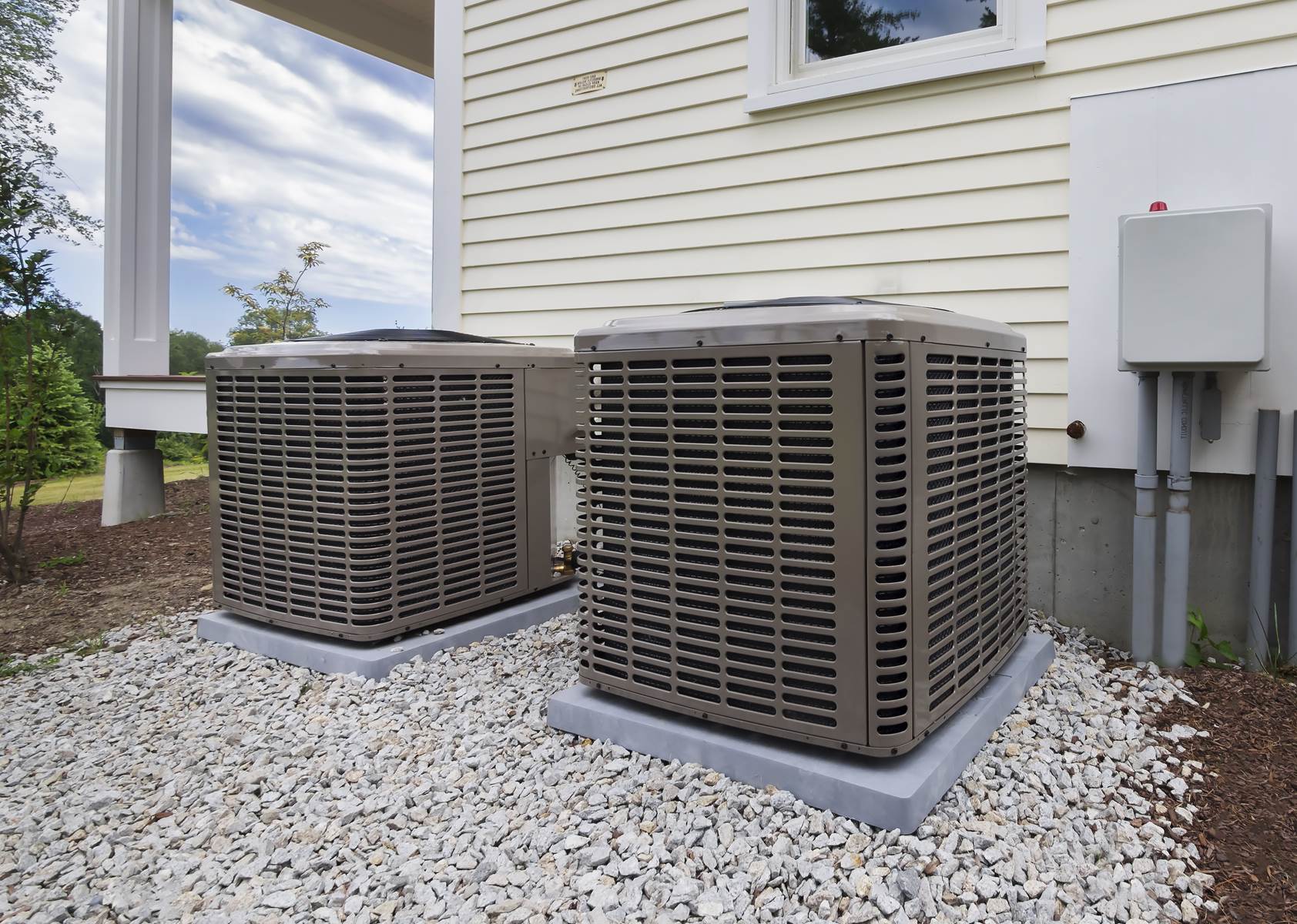It’s hard to believe that a few weeks ago, Texas was covered in ice and snow. Spring temperatures have arrived and buds are starting to appear on the trees. Before long, we’ll be seeing the soaring temperatures for which Texas is famous. Is your HVAC ready to handle hot weather again?
Although your HVAC may have worked fine last summer, it’s smart to have it checked out periodically. Getting a jump on AC maintenance ensures that your system is ready to handle heavy usage when more extreme temperatures occur.
Benefits of HVAC Maintenance
Optimized Functionality
Regular maintenance is intended to keep your air conditioner in optimal working condition. When we calibrate your HVAC system, perform condenser cleaning, check for the low and high voltage wiring connections, and add refrigerant if needed, we are boosting your unit’s functionality. Your system will be prepared for higher temperatures and more demands on its output.
Improved Efficiency
The freezing temperatures we experienced this winter may have stressed the outdoor condenser. If the extreme weather did damage to this component, your HVAC system will not be able to perform as efficiently as you would like. Seasonal maintenance can mean you can avoid this problem and you won’t have to expend more energy in order to cool your home this summer.
Avoiding Problems
It’s not a waste of money to invest in regular AC maintenance. Even if your HVAC system seems to be working fine, it can benefit from a thorough check and tune-up. All systems perform better and are less prone to breakdowns when they have been properly maintained. In addition, regular maintenance checks can extend your system’s service life.
Symptoms of HVAC Problems
If your HVAC is producing very little cold air or none at all, then it’s likely you need repair service. A reduction in the output of cold air can be an indication that your unit’s compressor has stopped working or is leaking. The compressor circulates the refrigerant, allowing the air conditioner to produce cold air. To make matters worse, your refrigerant may be leaking in a case like this. If you suspect your unit has a refrigerant leak, it needs to be fixed immediately. Refrigerant contains a chemical called fluorinated hydrocarbon, a gas that is odorless and tasteless. If fluorinated hydrocarbon is inhaled deeply, it prevents oxygen from getting to the lungs, resulting in trouble breathing, damage to vital organs, fluid in the lungs, or death.
Another indication of an HVAC problem is a pool of water near the air conditioning unit. This is often caused by a blockage in the drain tube. If you’re smelling a musty odor, you may have a mold problem developing. To prevent the growth of mold, you will want to get this fixed quickly.
Reduced airflow is another sign of a struggling HVAC system. If your airflow seems to have decreased, then you likely have a problem in your AC ductwork. Your ductwork may be torn or debris may have gotten caught in them. Air ducts that are blocked by debris can pose a health risk. Airflow that is contaminated by decomposing insects or animal waste can exacerbate or cause respiratory disease.
If your air conditioner’s performance seems erratic and cools your home unevenly, it is commonly the result of a malfunctioning thermostat. If your thermostat is broken, it can cause a marked increase in your utility bills. If you suspect your thermostat is not functioning properly, call Prolific to check it out before your utility bills spike out of control.
Most of the time, we’re only vaguely aware of the sound of our air conditioning unit kicking on or off. If you’re noticing peculiar sounds from your HVAC, that’s a clear indication of a problem developing. Schedule a repair visit if you hear any of these sounds, because delaying service will usually lead to an expensive breakdown:
- A grating noise – your unit’s metal bearings could need lubrication
- A grinding sound – motor bearings have broken
- A squealing sound – this can indicate a belt has slipped off
Things to Consider
Having the condition of your HVAC checked each spring can help ensure that you won’t be enduring miserably hot days and nights this summer. If your HVAC unit is more than ten years old, your unit is likely nearing the end of its lifespan. Repairs should only be undertaken if you absolutely cannot afford to purchase a new unit. When purchasing a new HVAC system, you’ll want to find a unit that is right for the size of your home. Ask Prolific Aire for tips – we’re happy to help!

